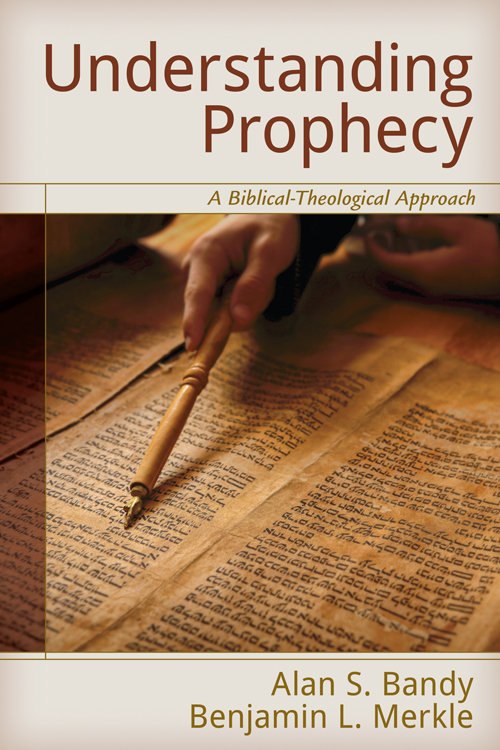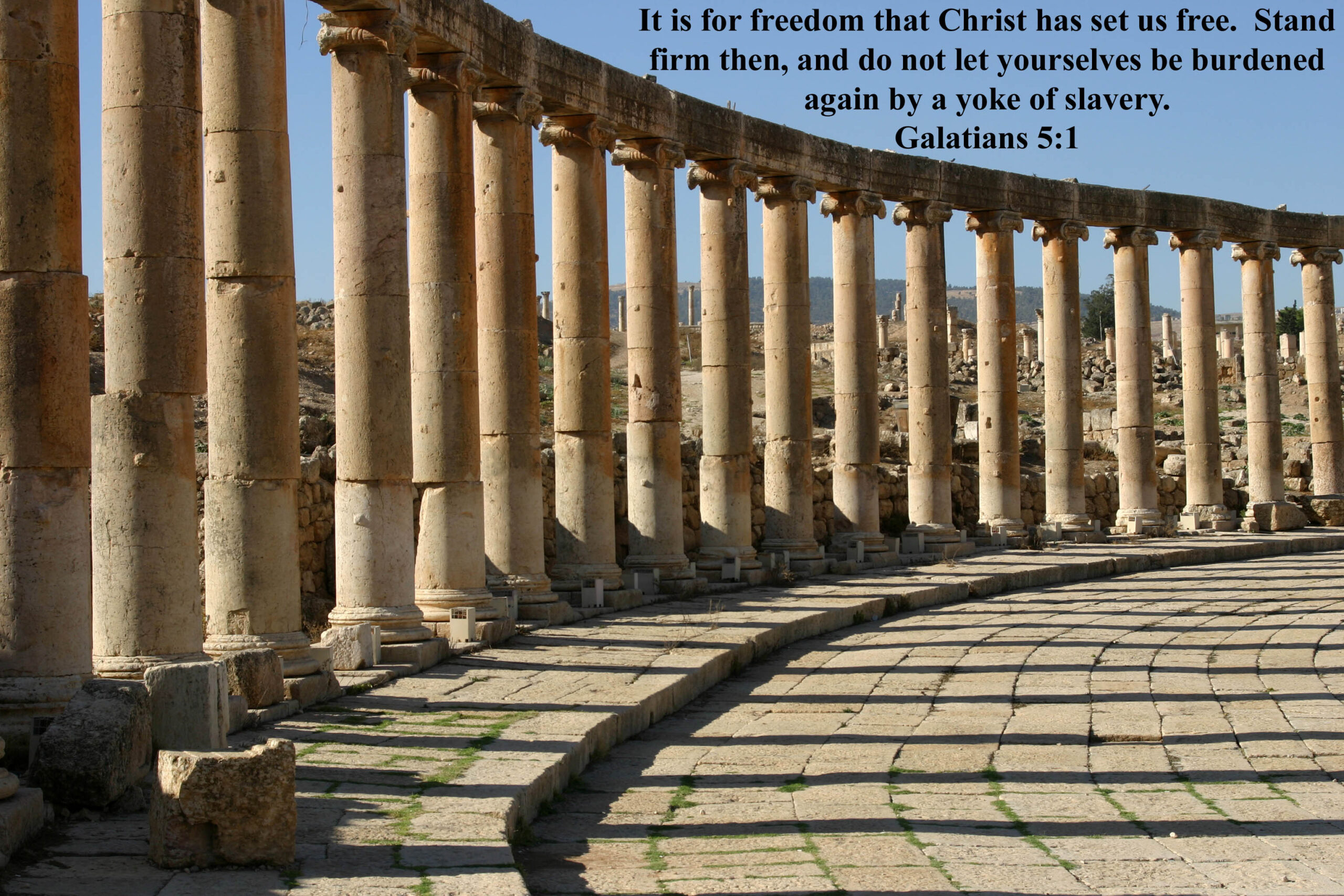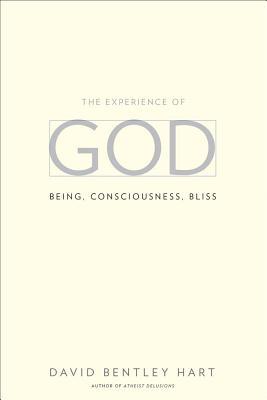Review of Understanding Prophecy: A Biblical-Theological Approach, by Alan S. Bandy and Benjamin L. Merkle, Grand Rapids: Kregel, 2015, 264 pages, paperback N.B. This review is from the perspective of someone who is less than an enthusiastic supporter of symbolical cum typological interpretations of the Bible, so it will be mainly critical. However, for those in-tune with the approach of the writers, the book can be recommended as a good explication of the redemptive-historical method. This new book on prophecy …
Category: Articles
Part Eight Last time I asked whether the facts speak for themselves. My answer was that they do not, they are freighted with interpretations, whether right or wrong. In Part Seven I called attention to the temptation of attaching ourselves to slogans and ideas from the world. Before proceeding along the lines I started with in the last post, I want first to take two common but deadly slogans which Christians use and look at them, for though they sound …
After a ridiculously long delay, I have started to finish off my series on the Parameters of Meaning beginning with this one on Typology. I believe these guidelines will help Bible students avoid many pitfalls in interpretation by setting limits on what constitutes legitimate hermeneutics. For those of you interested here are the previous installments: Parameters of Meaning – Introduction Parameters of Meaning – Rule 1 Parameters of Meaning – Rule 2 Parameters of Meaning – Rule 3 Parameters of …
Part Three Speech-Act Theory and Biblical Interpretation On a more positive note overall is the matter of whether language is merely descriptive or whether it can be said to actually do something. This gets us into the subject of language as “speech-acts.” This view has been defined as follows: Speech-act theory is a set of pragmatically based principles that were developed at the edge of philosophy and linguistics. The major assumption is that language is not so much concerned with saying …
Part Two Ricoeur Alongside Gadamer, Paul Ricoeur (d. 2005) stands as the most important philosopher of hermeneutics in the last hundred years. His work is often to be found discussed in evangelical circles today, and for that reason we shall devote a little more space to his work. Ricoeur is concerned with how language is used not with how it is structured.[53] As human existence is communicated through language, the study of the use of language is, therefore, the study …
Part One The Hermeneutical Landscape The philosopher of religion Gregory Clark admits that, “[some] sources regularly describe the variety of hermeneutical approaches practiced today as ‘dizzying’.”[22] In closing his article Clark writes: “Hermeneutics as a discipline is as wild and woolly as it has ever been, and its future shape and even its existence are impossible to predict.”[23] Reading the “movers and shakers” in evangelical hermeneutics today is a little foreboding. It might be well to start off then by …
I have divided this older but over-long piece into more digestible bits: In this essay I want to examine some of what is happening in the world of philosophical hermeneutics so that we can better understand the influences that are being seen in evangelical textbooks on the subject. Still more, we shall start to understand why evangelicals are jumping ship from grammatico-historical interpretation; a situation that threatens dispensationalism even more. Definitions: Hermeneutics, Exegesis, Application In any discussion, but especially in those involving …
Here’s an older piece which I thought worth bringing out for perusal. It’s fairly long, but I hope some folks will like it: Introduction The Christian must take his or her position upon the words of Scripture. Not after it has been granted that the Bible really is the very Word of God, but it must be the great presupposition, the ultimate commitment of every child of God. We must insist that there is, in fact, no alternative to the …
Part One God is not, in any of the great theistic traditions, merely some rational agent, external to the order of the physical universe, who imposes some kind of design upon an otherwise inert and mindless material order. He is not some discrete being somewhere out there, floating in the great beyond, who fashions nature in accordance with rational laws upon which he is dependent. Notice that Hart has in mind the general consensus among theistic religions about God, not …
Part Eleven This is the final part of this exploratory series on the rapture of the Church. It’s main purpose has been to show that none of the competing positions on the “taking out” of the saints merits more than an “inference to the best explanation.” Within the Rules of Affinity this would be a C3. I have looked at posttribulationism and midtribulationism in the last post; here I shall look at the prewrath and pretribulational views. PreWrath This view …






